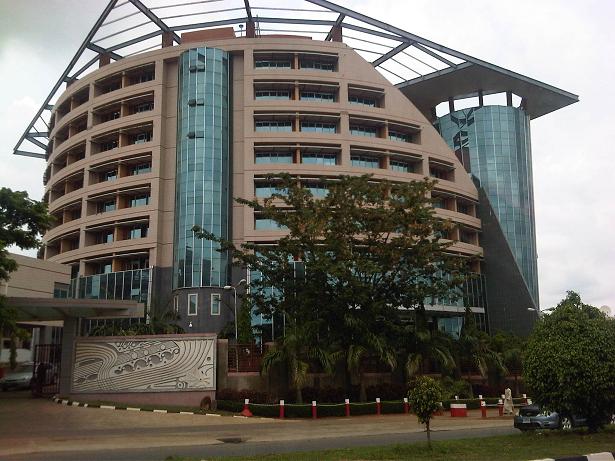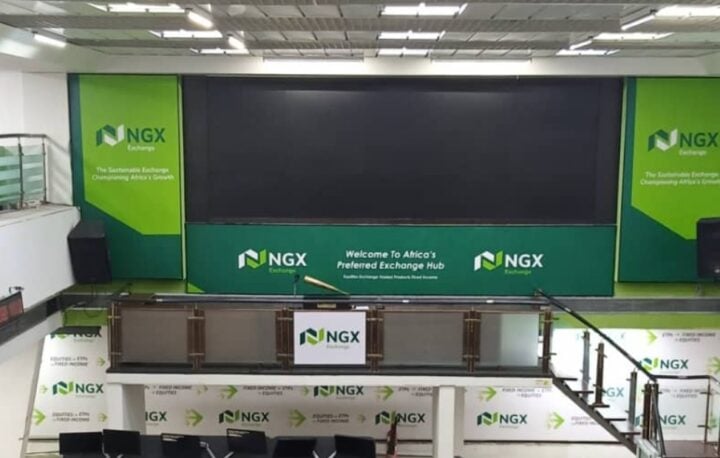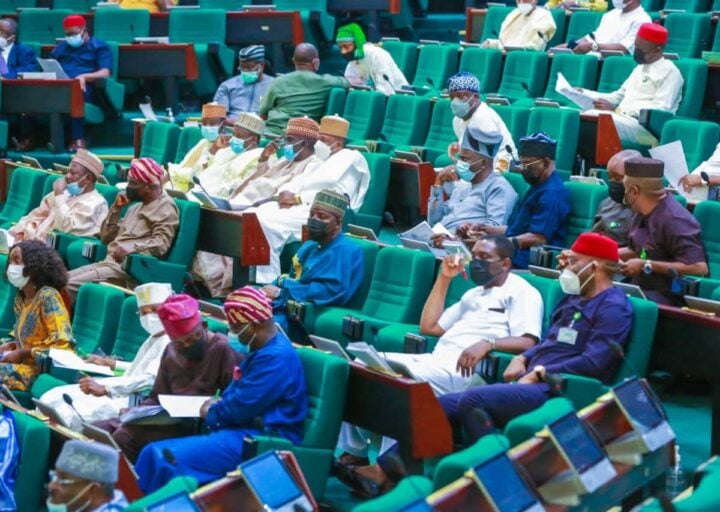The Centre for Information Technology and Development (CITAD), a civil society organisation (CSO), has asked the Nigerian Communications Commission (NCC) to develop guidelines and regulations for the operation of community networks in the country.
The organisation also called on the NCC to allow communities to access and use TV white space (TVWS) to set up community networks.
Community networks are telecommunication infrastructure designed, deployed and managed by communities to meet their communication need.
Speaking with journalists at a media briefing on Wednesday in Lagos, Haruna Adamu Hadejia, coordinator of the Nigerian school of community networks, CITAD, emphasised the need for a citizen-driven national policy for sustainable community networks to bridge the digital divide in Nigeria.
Advertisement
Quoting government statistics, Hadejia said about half of Nigerians have access to the internet.
“This means that within the country, an estimated population of 100 million people is already left behind and excluded from the benefits of the internet,” he said.
He said that in many instances, Nigerians, especially those at the community level often lose many opportunities provided, especially on access to loans or other facilities.
Advertisement
“We all know that many financial institutions provide support with some conditions such as (provision of email addresses), which lots of citizens, especially rural communities, don’t have,” Hadejia explained.
“Second is about National Identity. For years now, the National Identity Management Commission, NIMC, has been trying to issue National Identity Cards to Nigerians, and up till now, less than half of Nigerians have been able to enrol.
“The major reason is that because it is IT-based and people in rural areas where internet infrastructure is lacking find it difficult to be enrolled. Such people are “identity excluded”. They will even face problems when travelling.
“Third is about education. Today all those who wish to access higher education, have to sit and pass the computer-based examination of JAMB.
Advertisement
“For many communities, their children graduate from Secondary Schools without using the computer until they enter the JAMB examination hall. They are disadvantaged and often get blocked out from the education system at that stage.”
Also speaking at the event, Tunde Akanni, director, Digital Media Research Centre, Lagos State University (LASU), said opportunities that abound on social media platforms had shown the need for more inclusive digital policies of the federal government.
CITAD said it had been engaging policymakers and other stakeholders in the country to arrive at a consensus on developing a national policy for community networks.
To achieve its objective, it called on Isa Pantami, minister of communications and digital economy, to ensure full implementation of the draft national policy on community networks.
Advertisement
The group also urged private sector operators to support communities to set up community networks.
Advertisement






